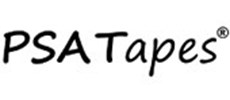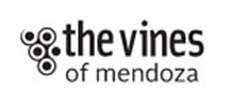- Having a strong password actually can prevent most attacks: Yahoo's Chief Information Security Officer Alex Stamos has spent most of his career finding security vulnerabilities and figuring out how attackers might try to exploit software flaws. He's seen everything from the most devious hacks to the simplest social engineering scams. And in all that time, he's found that there are two simple solutions for the vast majority of users: strong passwords and two-factor authentication.
- Just because a device is new does not mean it's safe.
- Even the very best software has security vulnerabilities.
- Every website and app should use HTTPS: You've heard every rumor there is to hear about HTTPS. It's slow. It's only for websites that need to be ultra-secure. It doesn't really work. All wrong.
- The cloud is not safe — it just creates new security problems: Everything is cloud these days. You keep your email there, along with your photos, your IMs, your medical records, your bank documents, and even your sex life. And it's actually safer there than you might think. But it creates new security problems you might not have thought about.
- Software updates are crucial for your protection: There are few things more annoying in life than the little pop-up that reminds you that updates are required. Often you have to plug your device in, and the updates can take a really long time. But they are often the only thing that stands between you and being owned up by a bad guy.
- Hackers are not criminals: Despite decades of evidence to the contrary, most people think of hackers as the evil adversaries who want nothing more than to steal their digital goods. But hackers can wear white hats as well as black ones — and the white hats break into systems in order to get there before the bad guys do. Once the vulnerabilities have been identified by hackers, they can be patched.
- Cyberattacks and cyberterrorism are exceedingly rare: As many of the experts I talked to said, your biggest threat is somebody breaking into your accounts because you have a crappy password. But that doesn't stop people from freaking out with fear over "cyberattacks" that are deadly.
- Darknet and Deepweb are not the same thing: The Deepweb refers to part of the Internet, specifically the world wide web (so anything that starts www) that isn't indexed by search engines, so can't be accessed by Google. The Darknet refers to non-"www" networks, where users may need separate software to access them.
More information and the complete article at: http://gizmodo.com/

















